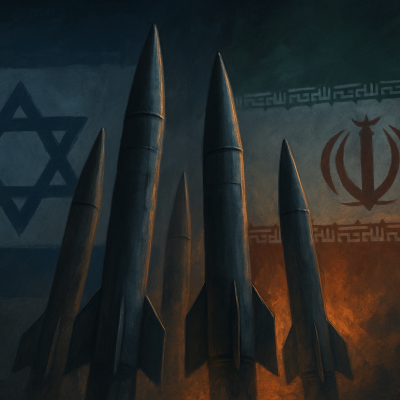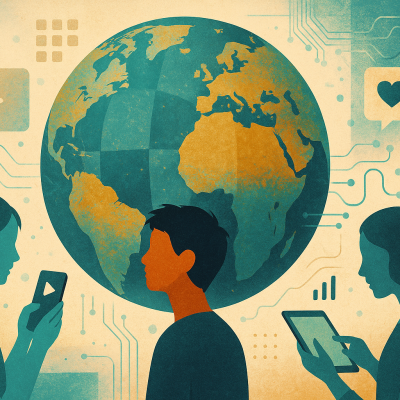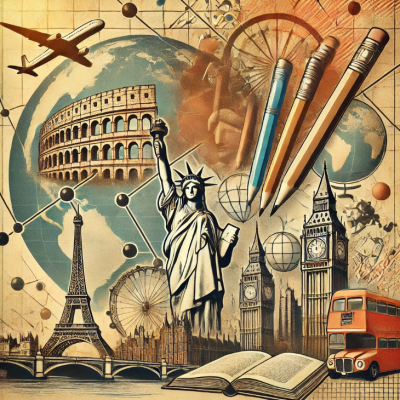Satoshi Ikeuchi, Professor, Religion and Global Security, University of Tokyo
What will the international order look like in the “post-COVID-19” era?
As Abu Dhabi Emergency, Crisis and Disasters Committee for the Covid-19 pandemic announced on Tuesday Dec. 9 the resumption of all economic, touristic, cultural and entertainment activities in Abu Dhabi in two weeks, it would be appropriate to think about the future.
Some expected in April when this pandemic covered the entire world, it would cause the collapse of the existing order and change permanently the international system. It seems that this doomsday scenario doesn’t come true.
Some other argued there’d not going to be a fundamental change in politics and society since the US dominance in the international politics remains unwavering and globalization does not stop. Yes, the US hegemony has not ended and will not end for the time being. China’s catch-up with the United States, however, has accelerated through its determined clackdown on the pandemic, its effort to gather international support and measures taken to preclude any criticisms either from inside or outside the country.
Apparently by now, the true prospect is that the COVID-19 will accelerate the preexisting changes. The instability of the liberal international order which was established by trans-Atlantic great powers had already started to take place when the pandemic hit the world. The deterioration of the US-China relations had become apparent in the latter part of Obama administration and during Trump administration it had been further aggravated. COVID-19 only accelerated these existing changes.
Also in the Middle East, particularly in the Gulf region, COVID-19 will accelerate changes. Two prominent transformation have started before the COVID-19 crisis. One is the alternation of generations, in which the young and ambitious generations are taking over the steering positions in state and society. Young generations in the Gulf who were born after the oil-boom in the 1970s and grown up in the affluent society have totally different view of the world and different relationship with the surrounding society compared with the older generations.
The other change which was already in place was the introduction of advanced technology in the Arabian Gulf region’s infrastructure development. The harsh environment, such as extremely high temperature and water scarcity, has been characterizing the human conditions of the Arabian Peninsula from time immemorial. In the recent times, however, ambitious infrastructure development projects have been continuously changing the landscape of the Arabian Gulf region, overcoming the dire environmental constraint, by vigorously introducing advanced technologies and bringing in expertise from foreign nationals.
Gulf region’s response to COVID-19 will further accelerate these trends of the alternation of generations and the overcoming of environmental constraint by the introduction of advanced technologies from outside.





